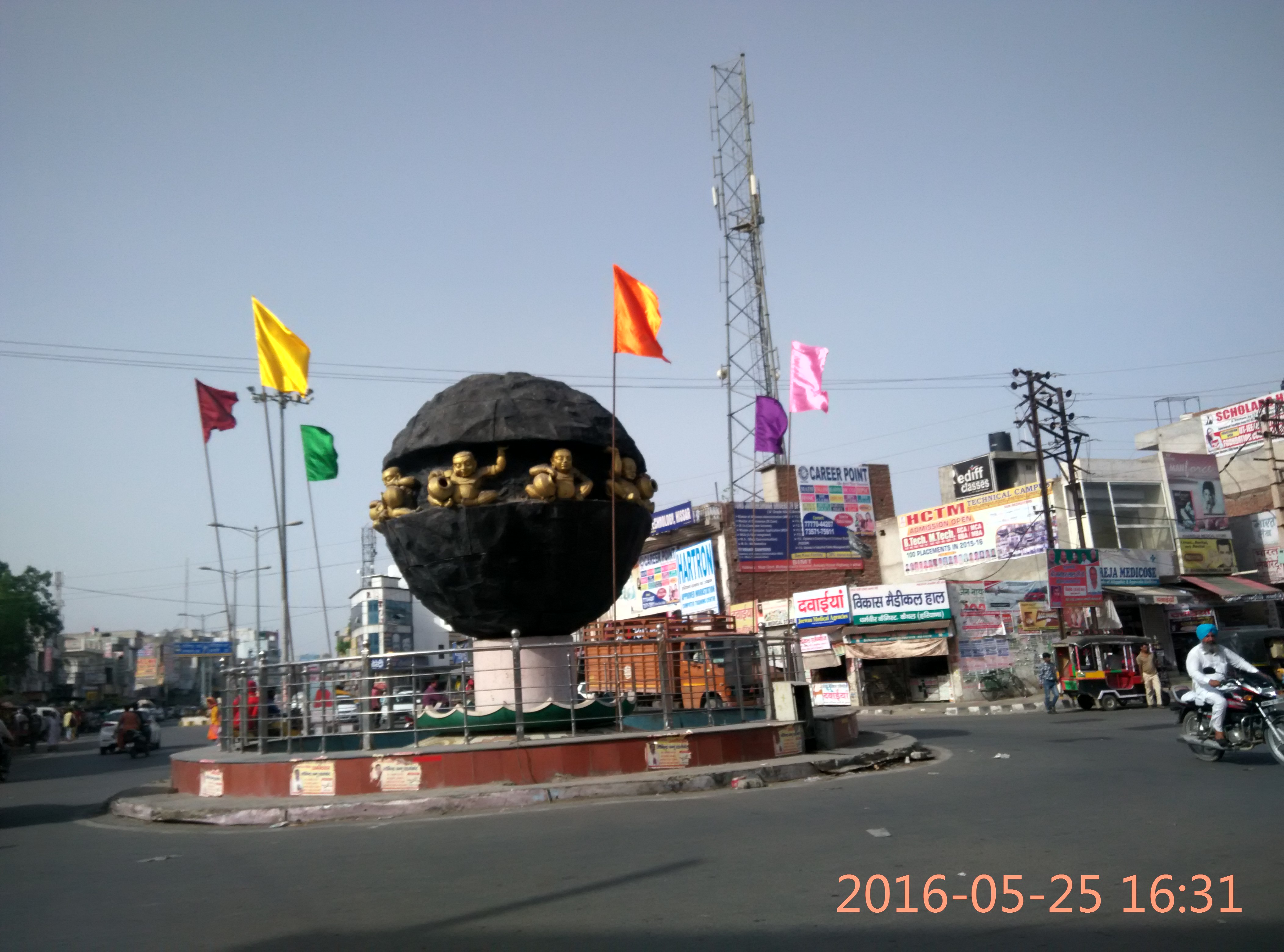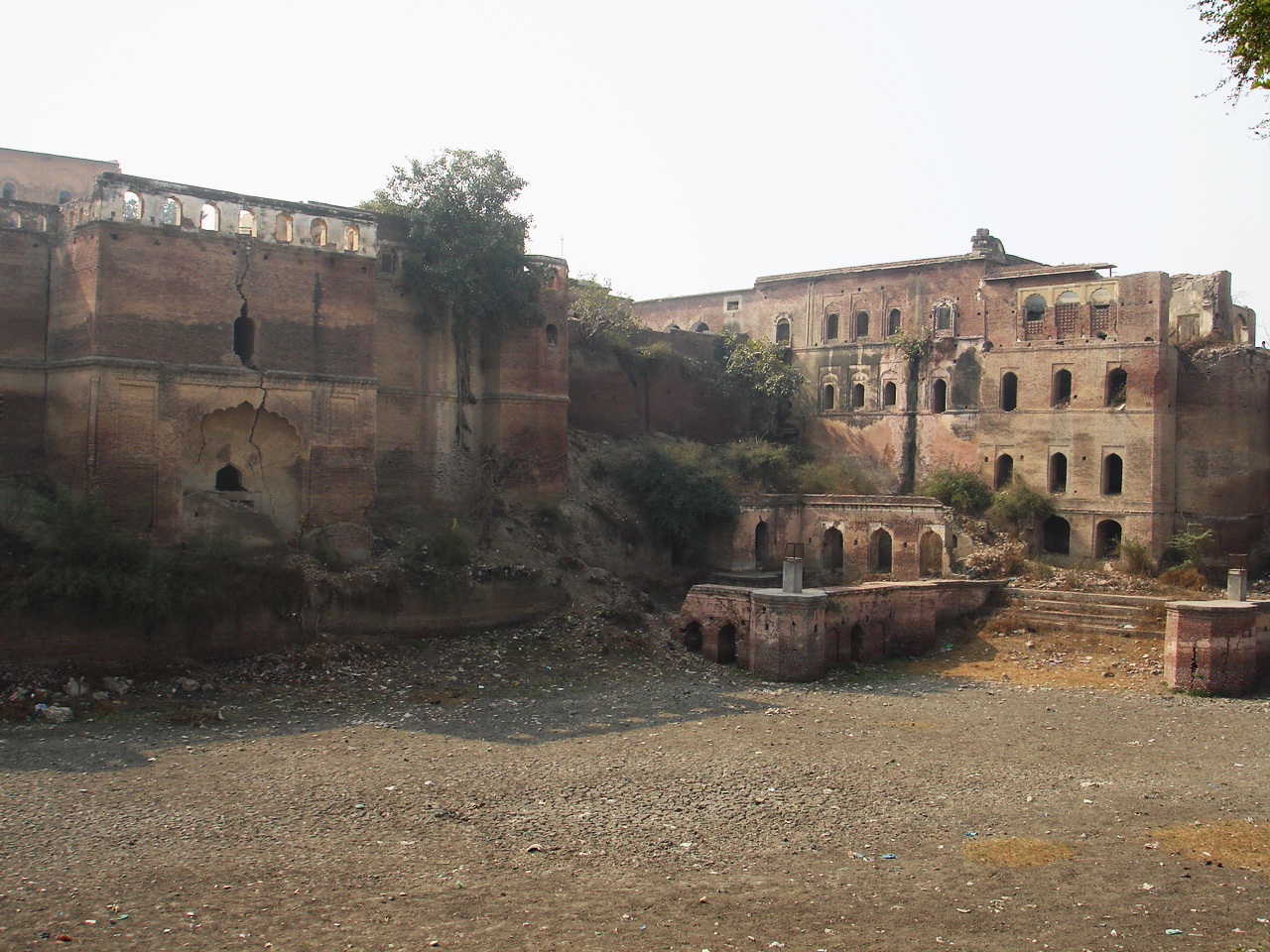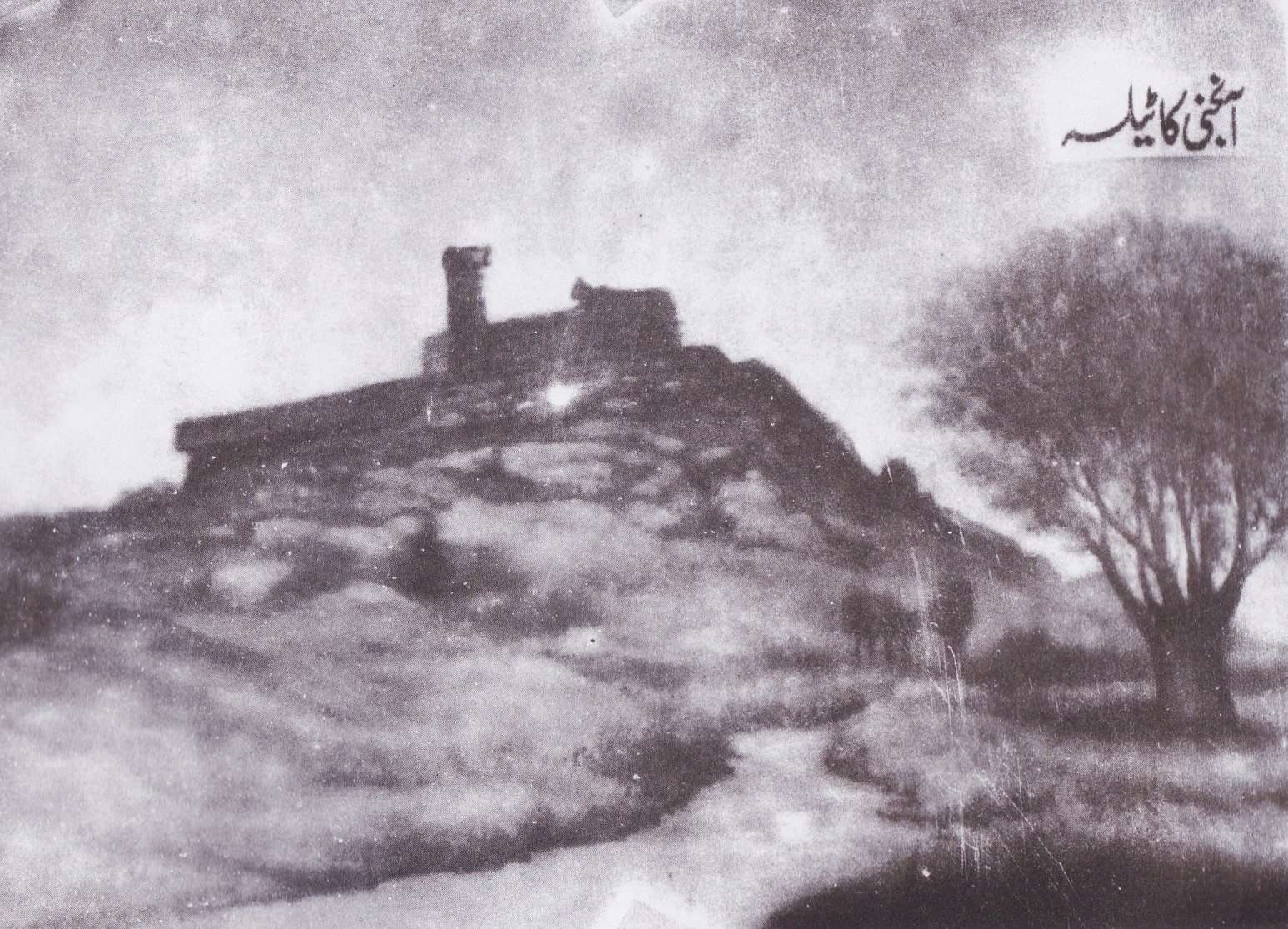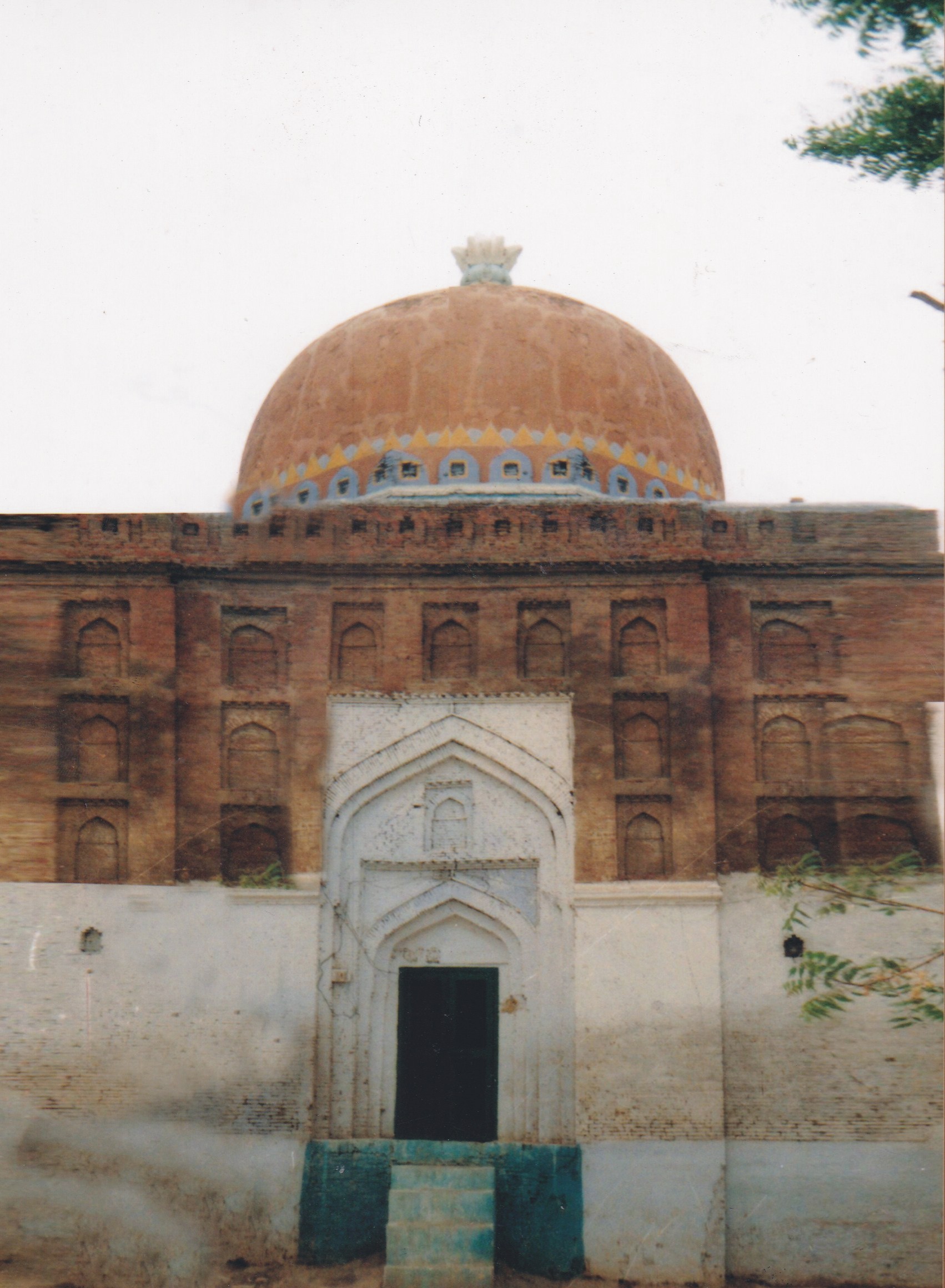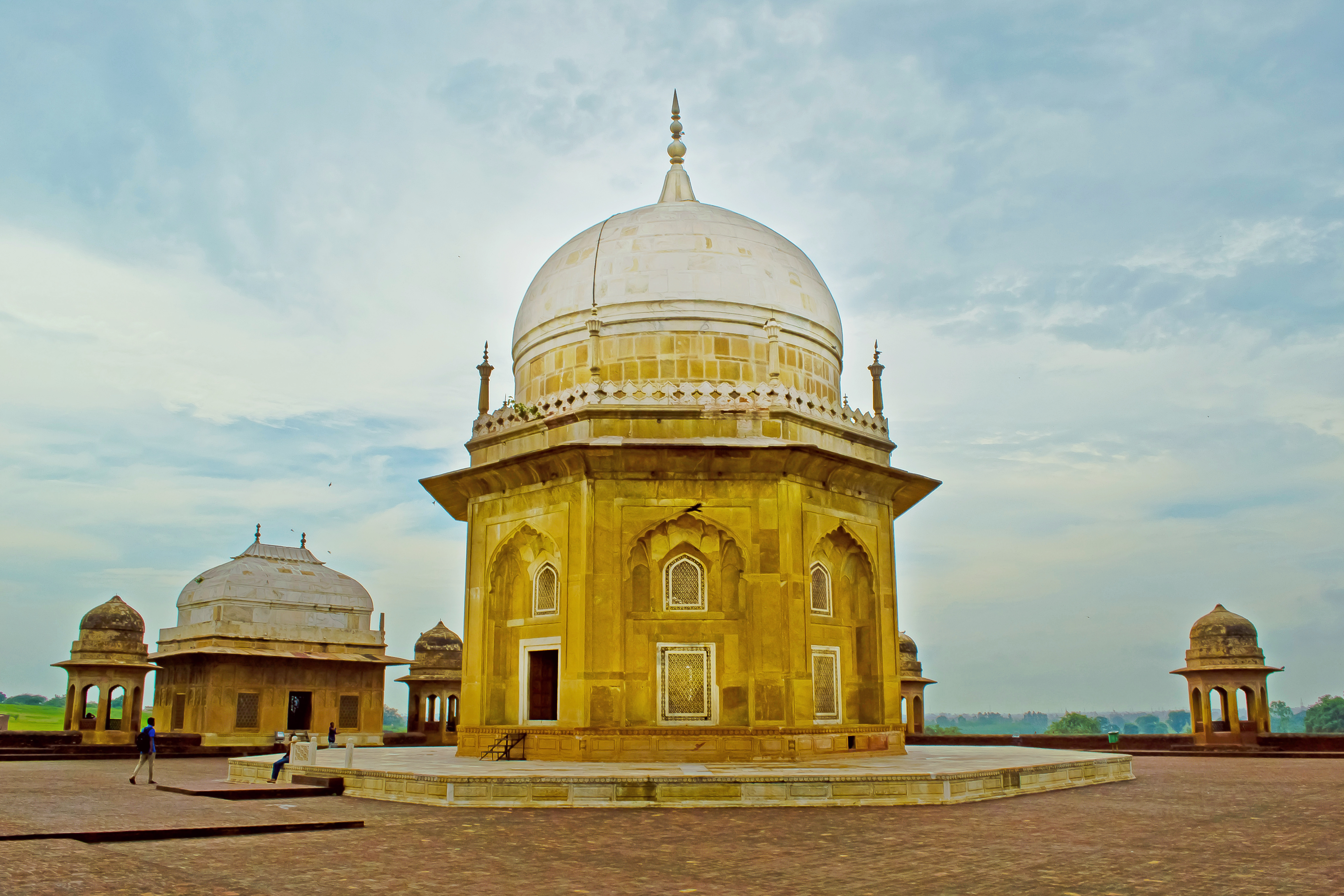Razia Sultan's legacy emerges as a profound narrative of defiance and historical complexity, transcending the traditional boundaries of medieval Islamic governance. As the first and only female ruler of the Delhi Sultanate, she challenged deeply entrenched patriarchal structures, refusing the diminutive title of Sultana and demanding recognition as Sultan—a revolutionary stance that defined her brief yet transformative reign from 1236 to 1240.
Her political journey was marked by unprecedented courage and strategic acumen. Succeeding her father Sultan Iltutmish, she navigated a male-dominated political landscape with remarkable skill, implementing social and administrative reforms that were remarkably progressive for her time. Her leadership style diverged from conventional expectations, demonstrating intellectual prowess and administrative capabilities that challenged contemporary perceptions of female leadership.
The controversy surrounding her potential tomb in Kaithal represents more than a geographical dispute; it symbolizes the ongoing negotiation of historical memory and cultural recognition. Historians like Ranbir Singh Shastri argue for the site's historical significance, while local landowners like Sher Singh contest these claims, creating a complex narrative of historical interpretation and territorial ownership.
Architectural and archaeological considerations further complicate the discourse. The proposed memorial site embodies not just a potential burial ground but a symbolic space of remembrance and historical reckoning. The Haryana government's efforts to develop this location reflect broader attempts to memorialize and understand Razia Sultan's complex historical trajectory.
Her political reign, though brief, was characterized by significant administrative innovations and a commitment to challenging societal norms. She pursued policies that prioritized meritocracy over traditional hierarchical structures, appointing individuals based on capability rather than lineage—a radical approach in the 13th-century political ecosystem of the Delhi Sultanate.
The narrative of Razia Sultan extends beyond her political achievements, encompassing broader questions of gender, power, and social transformation. Travelers and historians like Ibn Batuta documented her remarkable journey, highlighting her unique position in medieval Islamic governance and her remarkable resistance to patriarchal constraints.
The ongoing debates about her tomb in Kaithal reflect deeper societal tensions around historical interpretation, land ownership, and cultural memory. These discussions are not merely academic exercises but living dialogues that interrogate how societies remember, commemorate, and negotiate historical legacies. Razia Sultan's story continues to challenge and inspire, representing a powerful testament to individual agency in the face of systemic constraints.
